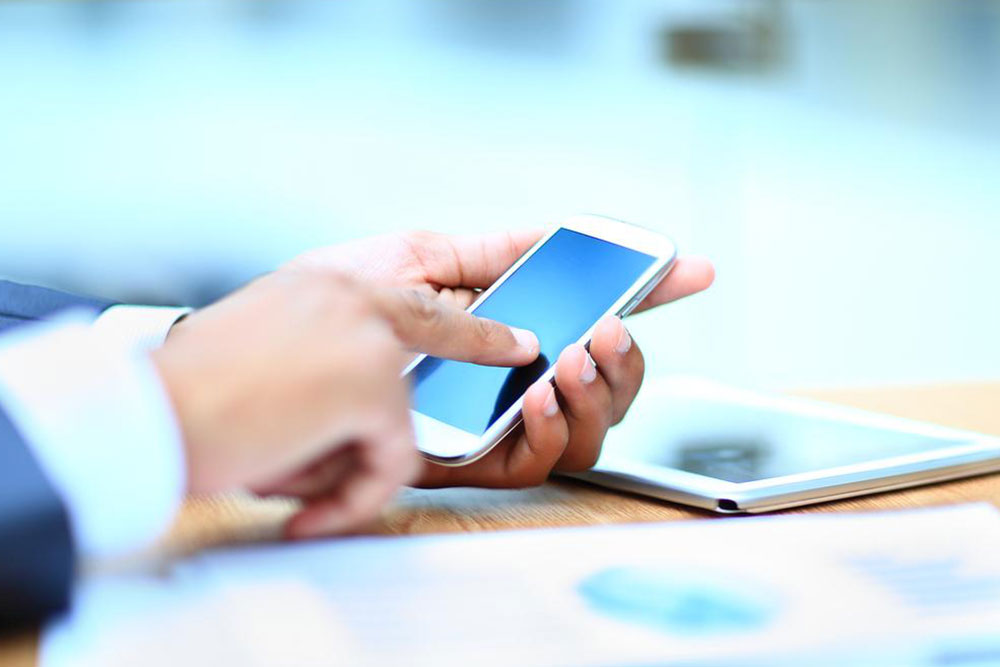Comprehensive Overview of Mobile Device Usage: Benefits and Challenges
Mobile devices are integral to modern life, offering benefits like instant information, communication, and education. However, they also pose risks such as health issues and misuse, requiring responsible usage. This comprehensive guide explores the advantages and disadvantages of mobile device use, emphasizing balanced digital habits for safety and productivity.

Benefits and Challenges of Using Mobile Devices in Modern Life
In today’s digital era, mobile devices have become indispensable tools that seamlessly integrate into our daily routines. Smartphones, tablets, and other portable electronics serve as personal assistants, communication hubs, and sources of instant information. The proliferation of these devices has transformed how individuals access information, connect with others, and manage their daily activities. As technology advances rapidly, mobile devices are now versatile, powerful, and essential components of modern living, influencing various aspects such as education, healthcare, social interaction, and commerce.
Across the globe, mobile technology has replaced many traditional communication methods. In numerous countries, landline telephones have become relics of the past, replaced by wireless, mobile alternatives that offer unmatched convenience and multi-functionality. These devices facilitate instant sharing of multimedia content, quick access to critical data, and real-time communication, making them invaluable for both personal and professional use. Despite their numerous advantages, it is equally important to understand the potential drawbacks associated with mobile device usage, especially concerning health, safety, and social well-being. Educating users about responsible usage is essential to maximize benefits while minimizing risks.
Advantages of Mobile Devices
One of the most significant benefits of mobile devices is universal and immediate access to information. Smartphones grant users the ability to locate directions, find nearby services like restaurants, hospitals, and banks, and stay updated on weather conditions all in real-time. This instant access enhances daily planning and decision-making efficiency, saving time and reducing stress.
Beyond utility, mobile devices are powerful educational tools that foster continuous learning. Students and adults can explore a vast repository of knowledge through online resources, eBooks, podcasts, and educational apps. These tools promote lifelong learning, skill development, and academic achievement by providing accessible, interactive content.
Security and safety are also enhanced through mobile device capabilities. Parents and guardians can restrict access to inappropriate content by locking certain applications or setting parental controls. Location tracking via GPS apps offers peace of mind by enabling real-time monitoring of children or vulnerable adults, ensuring their safety in uncertain environments.
Communication remains at the core of mobile technology. Modern smartphones support seamless voice and video calls, instant messaging, and social media integration, allowing families and friends to stay connected across distances. During emergencies, mobile devices are crucial, providing immediate access to emergency services or loved ones when traditional landlines are compromised.
Financial management and transactions are simplified through mobile banking and payment apps. Busy professionals and consumers can quickly pay utility bills, transfer money, or make purchases online without the hassle of physical visits, thus saving valuable time and streamlining everyday financial tasks.
Disadvantages of Mobile Devices
Despite their numerous benefits, mobile devices also pose significant challenges. The risk of misuse and overdependence is high, especially since most smartphones have internet access. Children and teenagers may inadvertently access inappropriate content, become distracted during educational activities, or develop addictive behaviors such as excessive gaming or social media consumption. These issues highlight the importance of implementing strict usage boundaries and supervision.
Prolonged use of mobile devices can lead to health concerns, including eye strain, poor posture, and sleep disturbances caused by blue light exposure and screen time before bed. Children who spend excessive hours engaging with screens may neglect their nutrition, physical activity, and academic responsibilities, which can negatively impact their overall health and development.
Furthermore, mobile devices can contribute to social isolation if users prioritize virtual interactions over face-to-face relationships. There is also the risk of cyberbullying, privacy breaches, and exposure to online scams, emphasizing the need for digital literacy and responsible digital citizenship.
Overall, achieving a balance between benefiting from mobile technology and mitigating its drawbacks requires concerted efforts by parents, educators, policymakers, and users. Establishing healthy usage routines, promoting digital literacy, and encouraging offline activities are essential strategies to harness the full potential of mobile devices while minimizing adverse effects.





